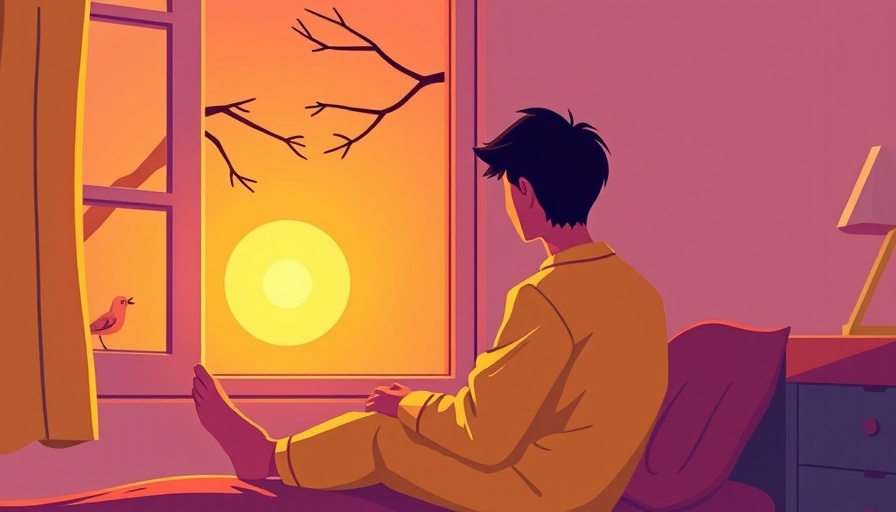
Sleep Disruption: A Common Issue During Daylight Saving Time
As the onset of daylight saving time (DST) approaches, many Americans face an annual challenge: losing an hour of sleep. This hour shift may seem trivial, but it wreaks havoc on our sleep cycles and overall well-being. Experts have dubbed the Monday following the spring time change "Sleepy Monday," as sleep deprivation increases the risk of accidents and health issues such as heart problems and mood disorders.
Understanding Circadian Rhythms and Their Importance
Circadian rhythms play a critical role in regulating our sleep patterns, biological processes, and overall health. These 24-hour cycles synchronize with the natural light-darkness environment, promoting good quality sleep. When the clocks spring forward, our exposure to sunlight shifts, causing misalignment with our internal clocks, and making it more difficult to both wake and sleep.
Consequences of Losing Sleep: Sleep Disorders and Mental Health
Missing sleep can have far-reaching consequences. Research indicates that sleep deprivation contributes to various health risks, including increased likelihood of cardiovascular issues, weakened immune response, and higher rates of neurodegenerative diseases. Mental health conditions are also exacerbated, as inadequate sleep is closely linked with increased anxiety and depression.
Steps to Prepare for Daylight Saving Time
To combat the adverse effects of DST, experts recommend gradual adjustments to sleep schedules. Here are effective strategies to prepare:
- Gradual Alterations: Shift your wake-up time by 15-20 minutes earlier in the days leading up to the transition.
- Outdoor Exposure: Natural light exposure helps reset your circadian rhythm, making it easier to wake up and feel energized.
- Consistent Routines: Establishing a consistent sleep schedule, including on weekends, enhances sleep regularity and overall health.
- Avoiding Caffeine and Alcohol: Both substances can interfere with sleep quality, so it's wise to avoid them, particularly in the hours leading up to bedtime.
- Naps in Moderation: Short, 20-minute power naps can revive your energy without causing grogginess.
The Debate on Daylight Saving Time
The discussion around the necessity of DST continues, with many experts advocating for its abolishment. The American Academy of Sleep Medicine suggests that eliminating the hour shift would enhance public health and safety. On the opposite side, supporters argue that DST promotes energy savings and economic activity by extending evening daylight.
Conclusion: Protecting Your Sleep
The impending shift to daylight saving time might disrupt your schedule, but with appropriate preparations, you can mitigate its effects. Prioritizing consistent rest, shifting your sleeping routine ahead of time, and maintaining a balanced lifestyle are crucial steps in ensuring a smooth transition. Remember, safeguarding your sleep is essential for overall health and well-being especially during this biannual disruption.
 Add Row
Add Row  Add
Add 




 Add Row
Add Row  Add
Add 

Write A Comment